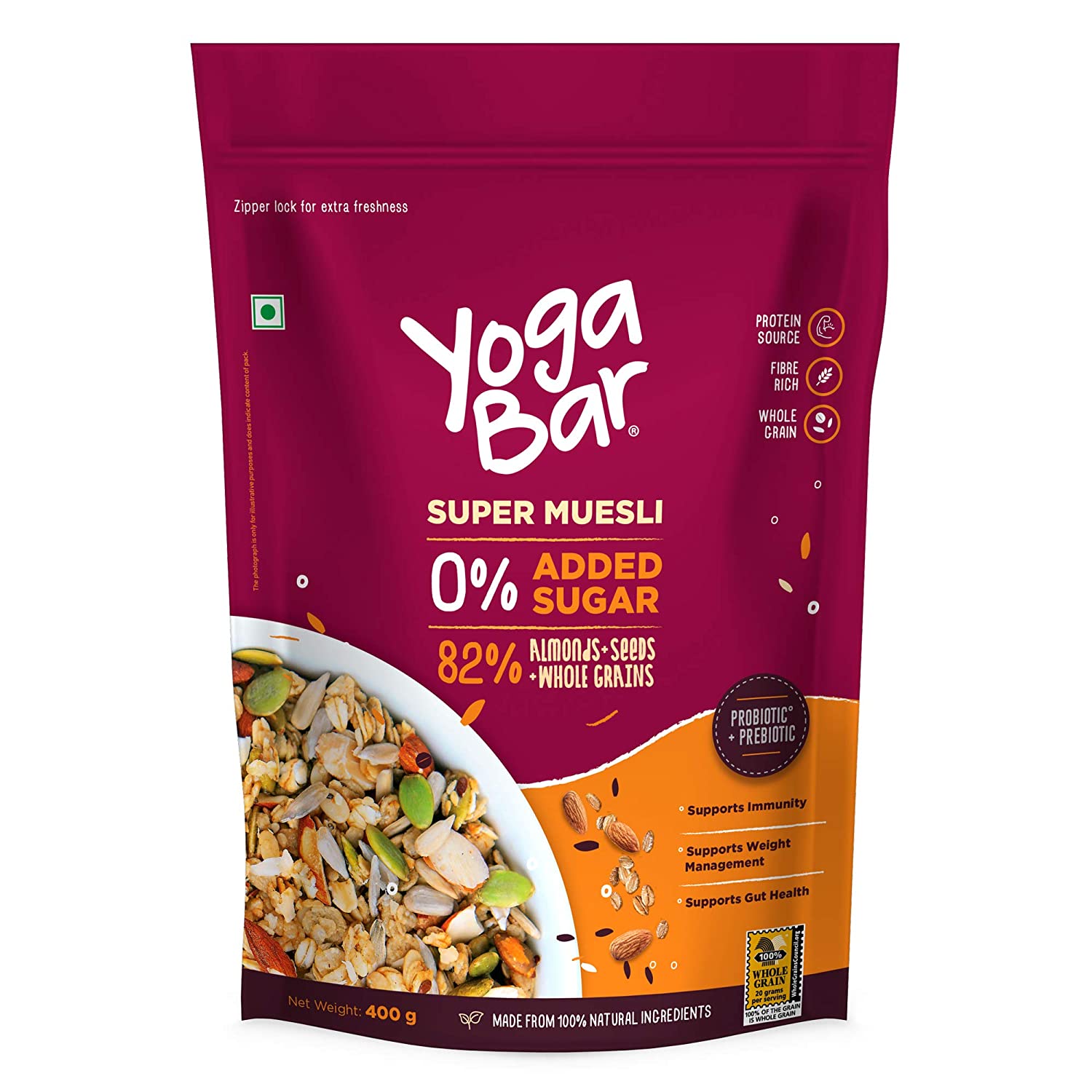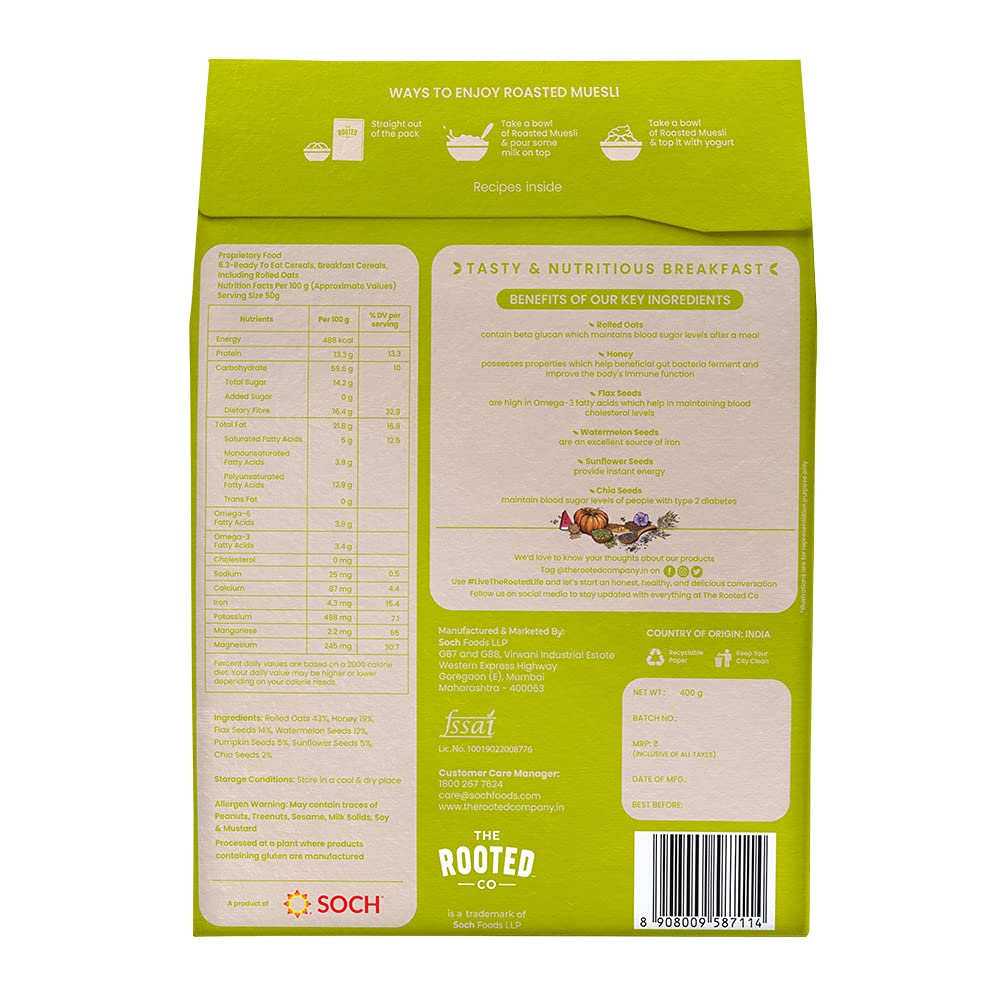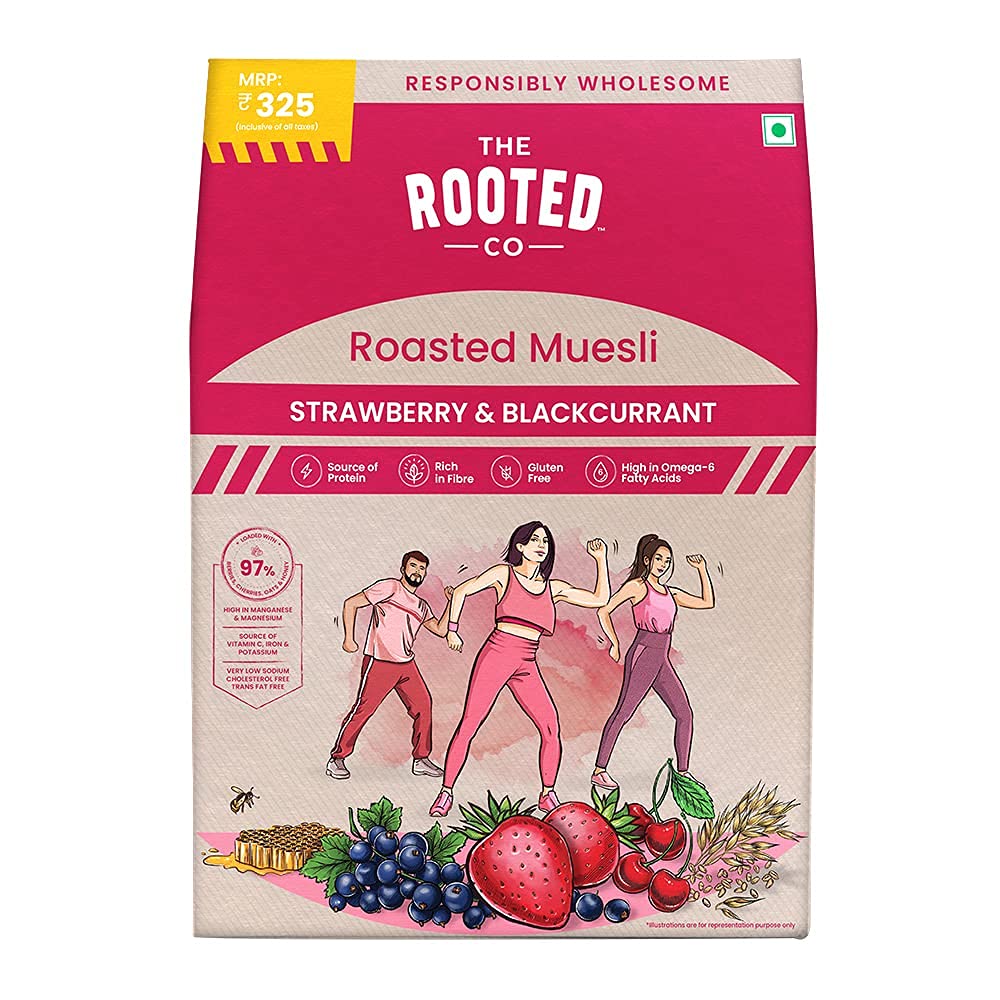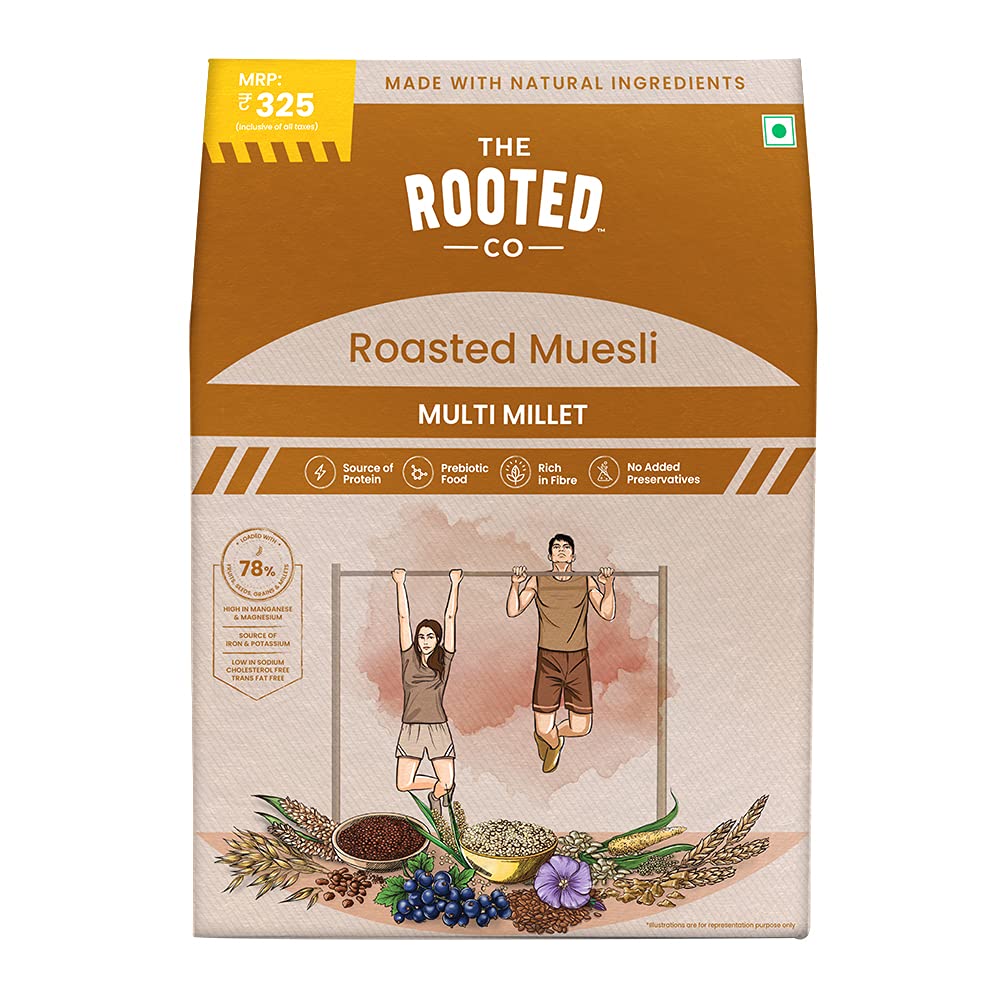Manganese
Micronutrient
Last update date: November 07, 2023
Manganese plays a major role in carbohydrate and fat metabolism, calcium absorption and blood sugar regulation.
Frequently Asked Questions
1.
What is Manganese?
Manganese is a vital trace mineral that your body requires in small quantities. Since your body cannot produce it, you need to obtain it from food or supplements. Manganese functions as a coenzyme, assisting numerous enzymes involved in the breakdown of carbohydrates, proteins, and cholesterol. It also supports the construction of bones and helps maintain the smooth functioning of the immune and reproductive systems.
2.
What is positive impact of Manganese?
Manganese has several positive impacts on your health. It acts as an antioxidant, safeguarding your cells against damage caused by harmful molecules called free radicals. Additionally, manganese plays a crucial role in promoting bone health by contributing to the formation and maintenance of strong bones. It can also help regulate blood sugar levels, which is especially beneficial for individuals with diabetes. Lastly, manganese aids in wound healing, facilitating the repair of damaged tissues and promoting a speedy recovery.
3.
What is negative impact of Manganese?
When obtained from dietary sources, manganese is unlikely to cause any negative effects. However, it is essential to exercise caution when taking manganese supplements. It is advisable not to exceed the recommended dosage mentioned on the supplement bottle. While adverse effects are unlikely, excessive intake over an extended period may potentially lead to issues. Before incorporating manganese supplements into your routine, consult your healthcare provider. It is crucial to discuss whether manganese could interact with your current medications or exacerbate any existing medical conditions.
4.
Who should avoid Manganese?
Determining who should avoid manganese largely depends on individual circumstances and medical advice. In general, if you have specific health conditions, such as liver disease or a history of kidney stones, it is advisable to consult your healthcare provider before taking manganese supplements. Additionally, pregnant or breastfeeding women should consult their doctor to ensure that manganese intake remains within safe limits.
5.
What foods are high in manganese?
Manganese can be found in a variety of foods, many of which are commonly consumed in India. Whole grains, such as rice, wheat, and oats, are excellent sources of manganese. Seafood such as clams, oysters, and mussels, as well as nuts, soybeans, and other legumes, are also rich in this mineral. Leafy vegetables, including spinach and fenugreek leaves, along with spices like black pepper, and beverages like coffee and tea, also contain manganese. Incorporating these diverse food items into your diet can help ensure an adequate intake of manganese.
6.
What are the symptoms of a manganese deficiency?
Although rare, a manganese deficiency can occur. If a deficiency is suspected, it is important to consult a doctor who may recommend manganese supplements or intravenous administration if absorption is problematic. Certain signs that may indicate a manganese deficiency include reduced glucose tolerance, impaired growth, changes in the metabolism of carbohydrates and fat, skeletal or bone abnormalities, and fertility problems. If you experience any of these symptoms or suspect a deficiency, seek medical advice for proper diagnosis and appropriate treatment.

























